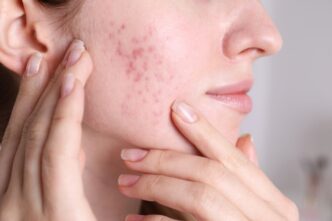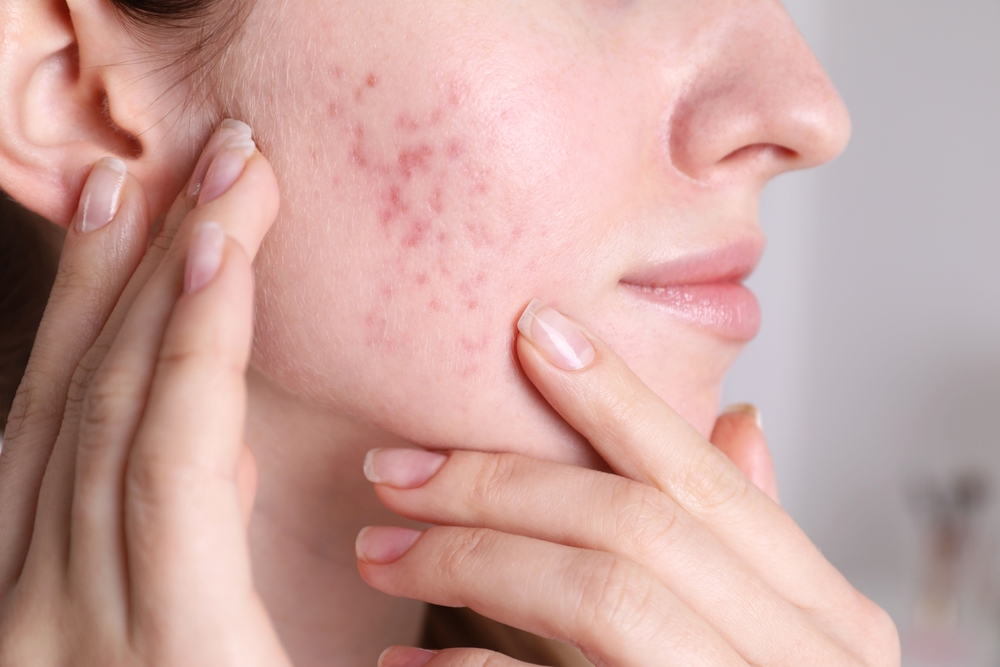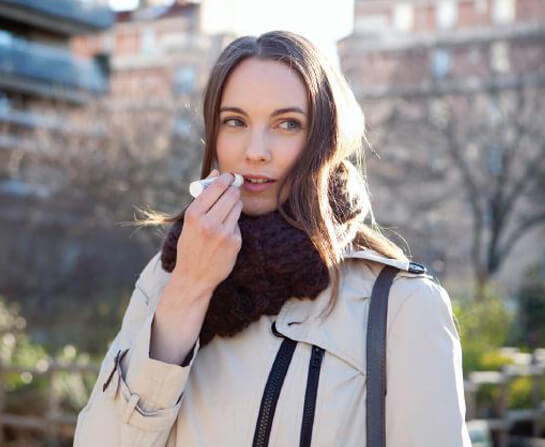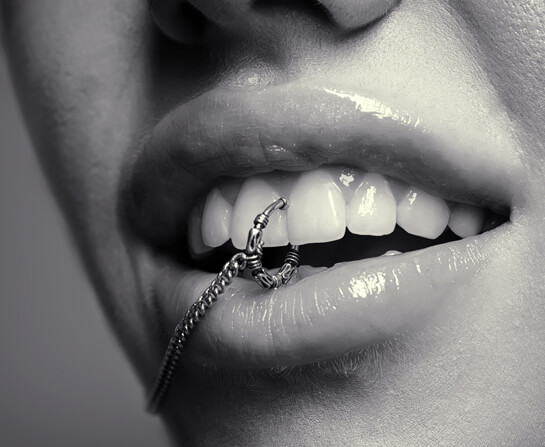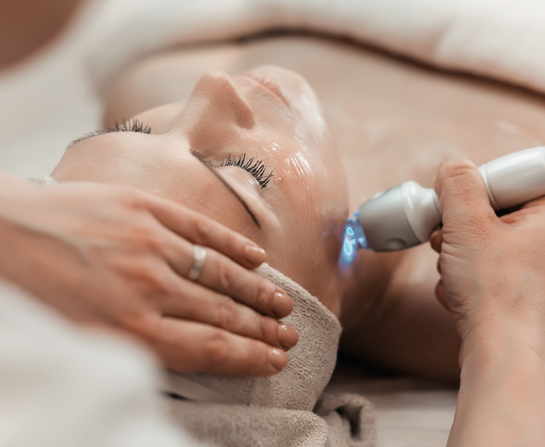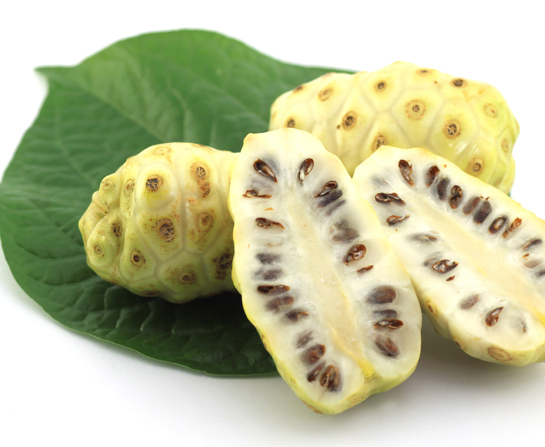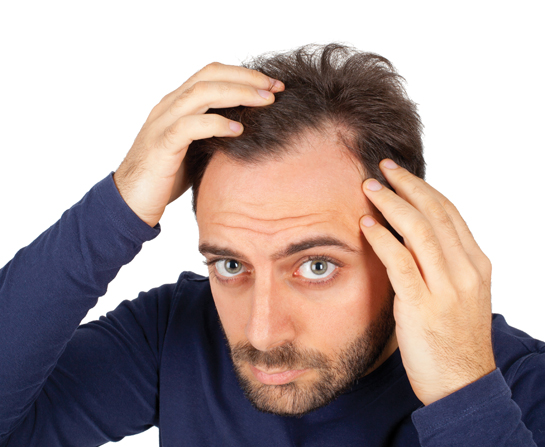Acne, jerawat, cheng chun tao, blemish, pimples – many cultures have their own name for one common problem. Acne can be treated but what happens after acne disappears? Sometimes, scars are left behind, much to one’s dismay.
WORDS HANNAH MAY-LEE WONG
 FEATURED EXPERT FEATURED EXPERTDR LIM ING KIEN Medical Aesthetic Doctor |
Dr Lim Ing Kien says that 2 things happen after acne:
- Redness, probably due to inflammation
- Scarring
The redness usually disappears after about 48 weeks, but the scars will remain.
“Post acne scar prevalence is 59%, which means more than half of those with acne will get some form of acne scarring,” he says.
“A 2014 study showed that 6 out of 10 Malaysians with acne will scar. So, in a population of about 30 million in Malaysia, that’s 15 million people! This condition should not be taken lightly,” Dr Lim goes on to say.
WHY DO ACNE SCARS FORM?
Now, the firm and elastic layer of the skin is made of type 1 collagen, which takes years to build up.
When the skin is injured due to acne, the body acts to plug the hole as fast as possible by producing type 2 collagen. This process can take place within days.
“Type 2 collagen is weaker than type 1 collagen and is less dense,” Dr Lim says.
“So, what happens is that after the hole is plugged, there will be a depression in the affected scar area. In some people, collagen is produced at a faster rate, resulting in a raised scar,” says Dr Lim.
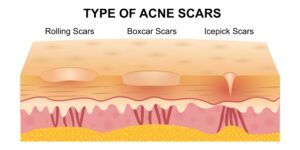
There are 4 main types of scars:
- Ice pick scar, formed when the acne is small but deep
- Boxcar scar, formed from larger and deeper acne
- Rolling scar, formed from shallow acne
- Hypertrophic scar, resulted when too much scar tissue is formed
TIPS TO PREVENT OR TREAT ACNE SCARS
“When you have acne, act quick so you have less scars,” says Dr Lim.
- Firstly, acknowledge that you have a problem with acne.
- Then, see your doctor or pharmacist to get appropriate treatment.
- Ensure that you follow through with the treatment until you are completely free of acne.
While undergoing treatment for acne, you can use a post-acne scar product to prevent or treat scars.
Look for products that contain:
- Allantoin, which moisturizes and exfoliates the skin while promoting wound healing.
- Vitamin E, which promotes normal cell healing.
- Aloe vera, which moisturizes the skin and promotes normal cell healing.
These ingredients prevent the formation of type 2 collagen and also encourage your body to produce type 1 collagen.
The following may also be useful:
- Pionin, which has antibacterial properties and can kill any remaining bacteria in the skin.
- Allium cepa (onion), which reduces the redness of scars.
If post acne scar products do not show results after 4 to 8 weeks, you should visit a dermatologist.
“Dermatologists can treat your scars using various treatments such as chemical peels, microdermabrasion, dermarollers/dermapens, laser, and surgery,” says Dr Lim.
| This article is part of a series that take a scientifically proven look at aesthetics and beauty. |
Reference: Muthupalaniappen, L., Tan, H. C., Puah, J. W., Apipi, M., Sohaimi, A. E., Mahat, N. F., & Rafee, N. M. (2014). Acne prevalence, severity and risk factors among medical students in Malaysia. La Clinica terapeutica, 165(4), 187–192. https://doi.org/10.7417/CT.2014.1731

